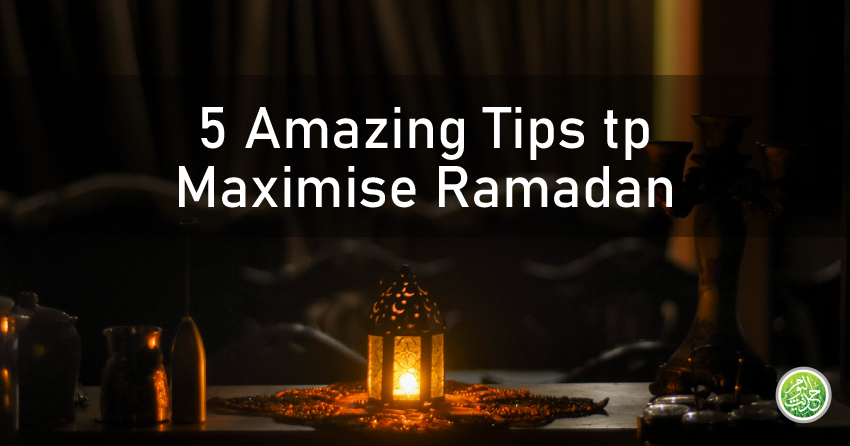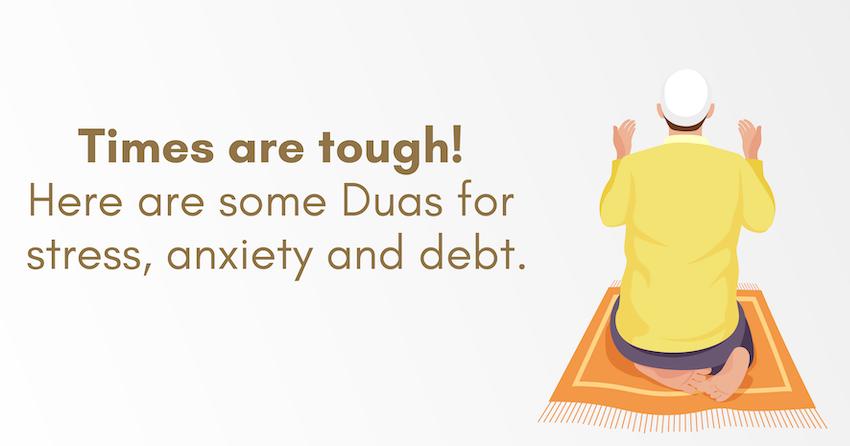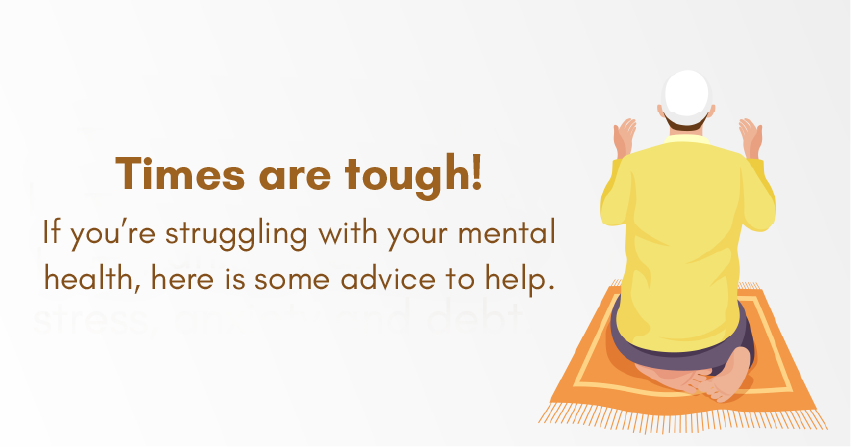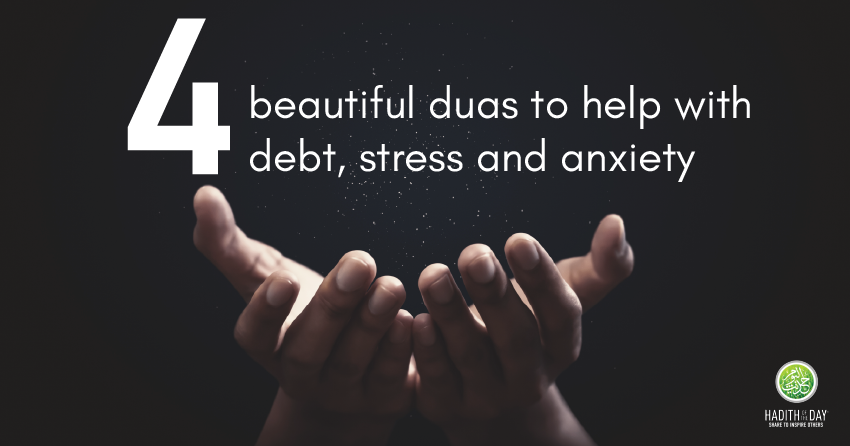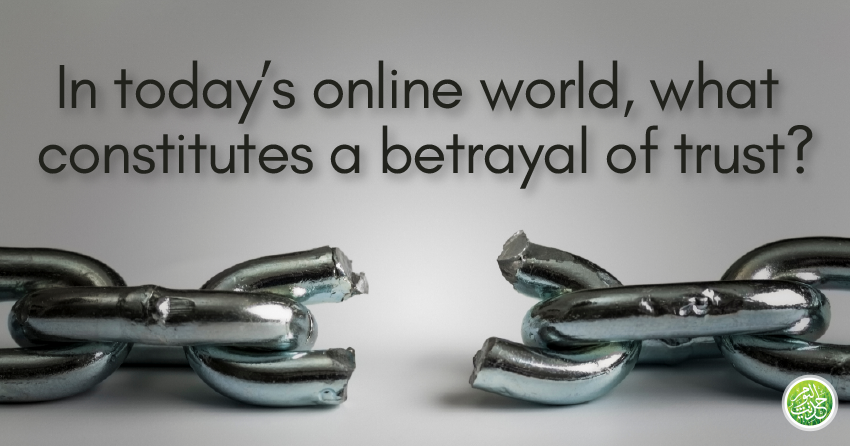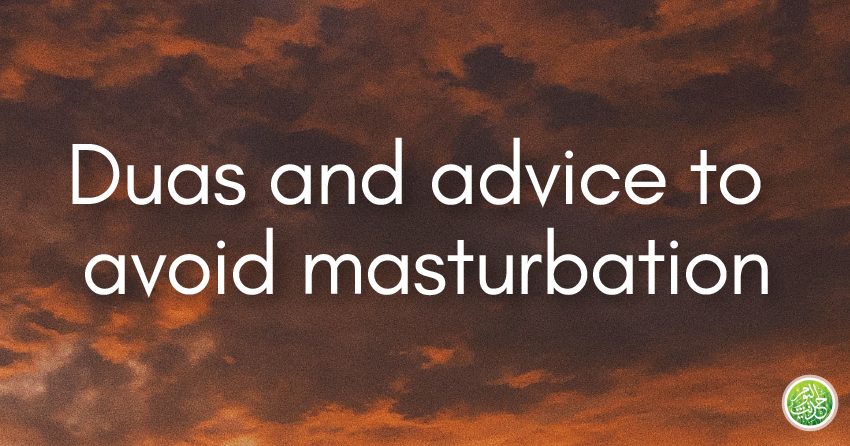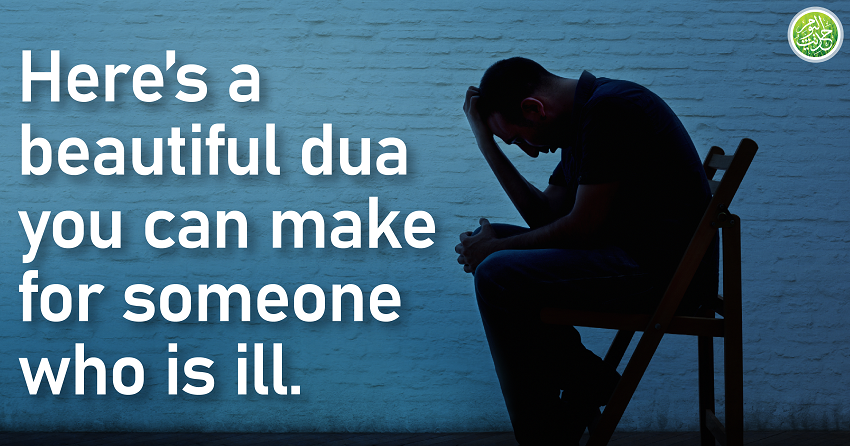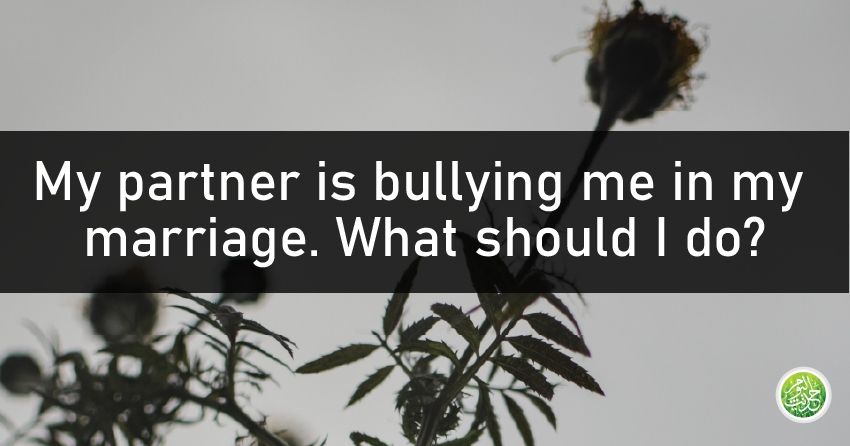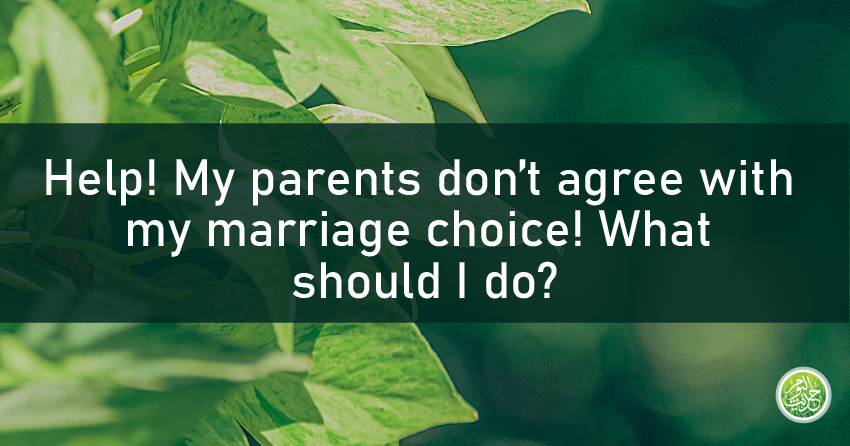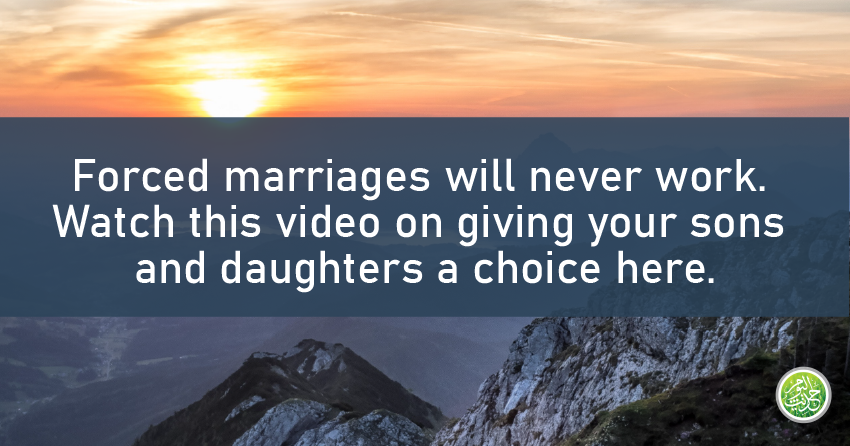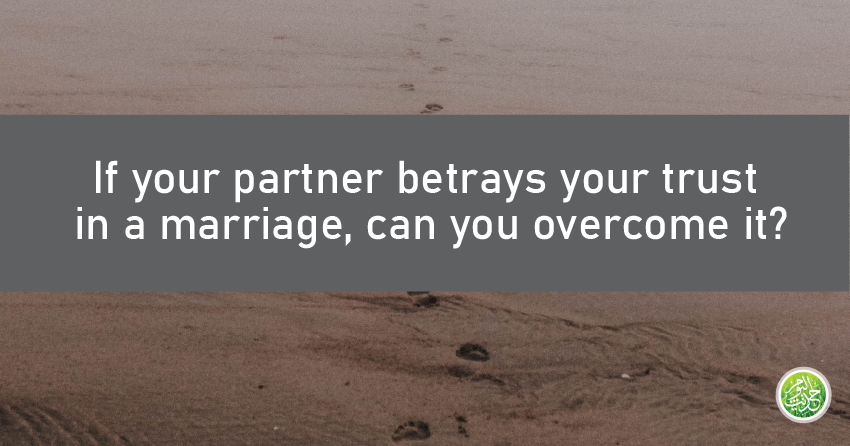Coping With Fear

By Leila Adam
Don’t allow undisciplined fear to make you jump on a bandwagon or act rashly on impulse against perceived injustices.
Surah Al Qasas 1-46 is the story of Prophet Musa(Moses), `alayhi as-salaam (peace be upon him), growing up in the house of Fir`awn (Pharoah) and then entering his life of prophet-hood. I have spent some days with it, and I realized this story might have some significance for Muslims in the world right now. But of course I am not a scholar of tafsir (Qur’anic interpretation), so please understand that these are just my personal thoughts and responses.
Prophet Musa and Fear
It is fascinating to note that many times when Prophet Musa (as) is mentioned in the Qur’an, the word ‘fear’ is mentioned, and Allah, subhanahu wa ta`ala (exalted is He), shows him in some way how to overcome his fears and have courage, steadfastness and confidence. I know myself to be a fearful person about so many things in life, hence my recognition of it in Prophet Musa’s story (as).
When Prophet Musa (as) was young, after growing up in the house of Fir`awn, the Qur’an says that Allah (swt) gave him the strength of perfected manhood, as well as wisdom and deep religious knowledge, yet still he struggled with fear for much of his early life (28:14).
When he (as) accidentally killed a man, he feared reprisals from Fir`awn’s people and ended up having to flee to save his life. When he met his future father-in-law in Madyan and told him of fleeing Egypt, the father told him to fear not, and be glad of his escape from unjust people. When he approached the fire on the hillside and Allah (swt) instructed him to throw his rod and it became a snake, he ran away in fright. Allah told him to return and not be fearful because he was in fact in a situation of security and safety. When Allah (swt) told him to put his hand in his bosom and bring it out, and it was glowing white, He then told him to keep it close to his side, to guard against feelings of terror. When he was ordered to return to counsel Fir`awn, he spoke of his fear of being caught and killed for the accidental manslaughter he had committed. He asked for his brother Haroon to be allowed to accompany him and help, because he feared the people would accuse him of falsehood. Allah (swt) said that He would strengthen him with his brother’s help and reassured him that the people would not be able to touch them with harm (Qur’an, 28:18-35).
When Allah (swt) called out to him from the side of Mount Tur, he must have got a huge fright and been struck with unimaginable awe (Qur’an, 28:46). And when he, out of his great longing for Allah (swt), asked to see Him and was granted the experience of seeing Allah’s manifestation on the mountain and it disintegrated—he fainted! (Qur’an, 7:143). One might imagine that that was the most frightening experience of his life! At that same time, Allah (swt) gave him the Tablets (Ten Commandments) and instructed him to take them and hold onto them with firmness (Qur’an, 7:145).
Musa’s Bravery in the Face of Fear
But then, after all the spiritual lessons and experiences that Allah (swt) put him through, finally when he went to confront Fir`awn, he was fearless, steadfast and confident in trusting in Allah. When he was leading his people away from Egypt and the army was following them, it must have been like the manifestation of his earlier fears when he first left Egypt, but this time he did not waver. When his people cried out in fear:
“We’ll surely be caught!” Musa said,“By no means! My Lord is with me! He will soon guide me” (Qur’an, 26:62).
When they came across the barrier of the sea, he didn’t cower or hesitate or even turn back or run sideways. He instantly knew that his Lord would help him, and he was then inspired to strike the sea with his stick, leaving the result in Allah’s hands—and the sea miraculously divided (Qur’an, 26:63). It must have been frightening to run through the two mountainous sides of the divided sea. It would have been a severe test of faith to trust that Allah (swt) would not let the sea fall back on them while they were at its mercy, travelling through it. But by then, Prophet Musa (as) had already dealt with all his fears and Allah (swt) had helped him master them through putting his entire trust in Him.
So what do we fearful people learn from all this?
When we suffer from fear, we waver, and we are not firm in our intended action because we think ahead about the possible consequences. Sometimes our fears are irrational, but often they are realistic. Prophet Musa’s fears after accidentally killing a man were founded in reality, and his acting on them by running away saved his life. But also, fear can make us hesitate when we are required to act. Sometimes fear is so great that it is paralyzing and we come to a complete standstill. Perhaps many of us today dwelling in unfamiliar environments far from our homelands are living through this kind of paralyzing fear that stops us in our religious development.
Our fear often stops us from thinking clearly and doing what is just and right, because those who are powerful around us might harm us if we speak or act outside the limitations they have placed on us. But then also, we should not act impulsively and put ourselves and others in undue danger before such action is properly backed up by a strength-giving force. We should not allow undisciplined, so-called ‘brave’ action, in reaction to our fears and sense of injustice, to take the place of wise and far-seeing behavior. We need to do preparatory beneficial actions and build ourselves up to a point where we can cope with the required bigger action when the time comes.
Acting Out Impulsively from Fear
This also requires wisdom and clear thought processes—otherwise we will end up inadvertently becoming tyrannous ourselves. When Prophet Musa (as) rushed to the aid of one of his countrymen, he assumed that the one who asked for his help was on the side of right, but he found out later that the man was nothing more than an opportunist. When the man was in trouble a second time and asked for Musa’s help yet again, and Musa was about to jump again to his aid, the enemy to whom he raised his hand said, “O Musa! Is it your intention to kill me as you killed a man yesterday? You merely desire to become a tyrant in this land, and not a person who sets things right!” (Qur’an, 28:19).
This shows that lashing out without proper thought, even when in the face of apparent injustice, is unwise. It was true that Musa’s people were oppressed at that time, but jumping to violent action when they were weak in the land wasn’t the right thing to do and would have brought more tyranny and oppression in the long run. And the same happens today, when people rise up against tyrannous leaders, without having either the inner spiritual strength to act correctly or the military strength to fight a just war. No good can come of it in my opinion, because the people are not themselves in a good enough state to cope well with the consequences.
Prophet Musa (as) was not strong enough to cope with the troubles of his people until he had gone through whatever spiritual lessons Allah (swt) decided he should go through. These lessons included increasing his tawwakul `ala Allah (putting one’s full trust in Allah) and overcoming his impulses to act on his fear and terror and to act on quick judgements. He had to go through years of discipline (working for his father in law) and some very strong spiritual experiences (on the Mount and with al Khidr) before he was able to stand up to the might of Fir`awn in the correct way. Even then, the correct action turned out to be one of flight, rather than fight, according to what Allah (swt) decided was best.
Applying the Lessons of Musa Today
What were the consequences of the action that finally took place? The reality of it was that there was a hard slog of dealing with his people who followed their whims and acted in undisciplined and destructive ways. He had to have enormous strength and patience to take them through their forty years of purification in the wilderness. And so it will be if the uprisings we see ever come to some kind of positive leadership; they will have to take their people through many ups and downs and curb their dangerous untrained impulses.
People think that the Arab Spring is a marvelous chance to gain some kind of utopian freedom. It is not. It is a hard slog road that probably should not have been taken in the first place. At least not until people have learnt to deal with their many fears and inadequacies in positive ways and until they can distinguish real courage from sheer foolishness built on an impulsive sense of righting injustices.
I believe that right now, people in many places are severely insecure and filled with fear of what will happen next in a world with a myriad of different problems, all of which are very serious. Many of us are paralysed by our fear and despondency. Some of us think that lashing out and joining in a protest march is doing something positive. But we have not looked far enough to see where such ‘brave’ actions will lead. The more sensible action right now is probably to put our heads down and look inward in order to better ourselves in ways that will allow us to be strong and fearless when the right time comes. For those of us who believe in Allah (swt), we should be nurturing that faith until our trust in Him has built up to magnificent proportions. We need His Name constantly on our lips to be able to do that. Prophet Musa (as) had his hand that glowed pressed close to his side as a constant reminder that Allah (swt) was always with him. We have to do a similar thing with whatever remembrance of Allah we have at our disposal. Increase your dhikr (remembrance). We all need it.
Original source: http://www.suhaibwebb.com/relationships/withthedivine/coping-with-fear/
Since You’re Here… we have a small favour to ask.
In these extraordinary times, millions rely on HOTD for daily uplifting & inspiring content. Established since 2009 and with your kind support we’ve seen readers elevate their Imaan & strive for better on a daily basis. We’re committed to keeping our content freely available and open for all readers. Every contribution, however big or small, makes a difference and help us spread knowledge to millions daily
HOTD is something special, it’s a place where people can come to be inspired, to renew their faith, to learn and share knowledge, to fall in love with our faith and also our Prophet (peace and blessings be upon him and his family).
All content on HOTD is free. We believe what we do in this life builds for the next one and we work tirelessly with the aim to please Allah and inspire the global Muslim community as
well as providing information and inspiration for anyone interested in Islam. We simply cannot do this without your support and your support helps us continue our services.
If there were ever a time to join us, it is now. You can support HOTD and help sustain our future. Support Hadith of the Day and make a one-off donation or give regularly from as little as £10 a month Jazak’Allah Khayr – whatever you donate will come back to benefit you Insha’Allah as whatever is spent in the way of Allah is an investment in the future and the next life. Thank you.



















